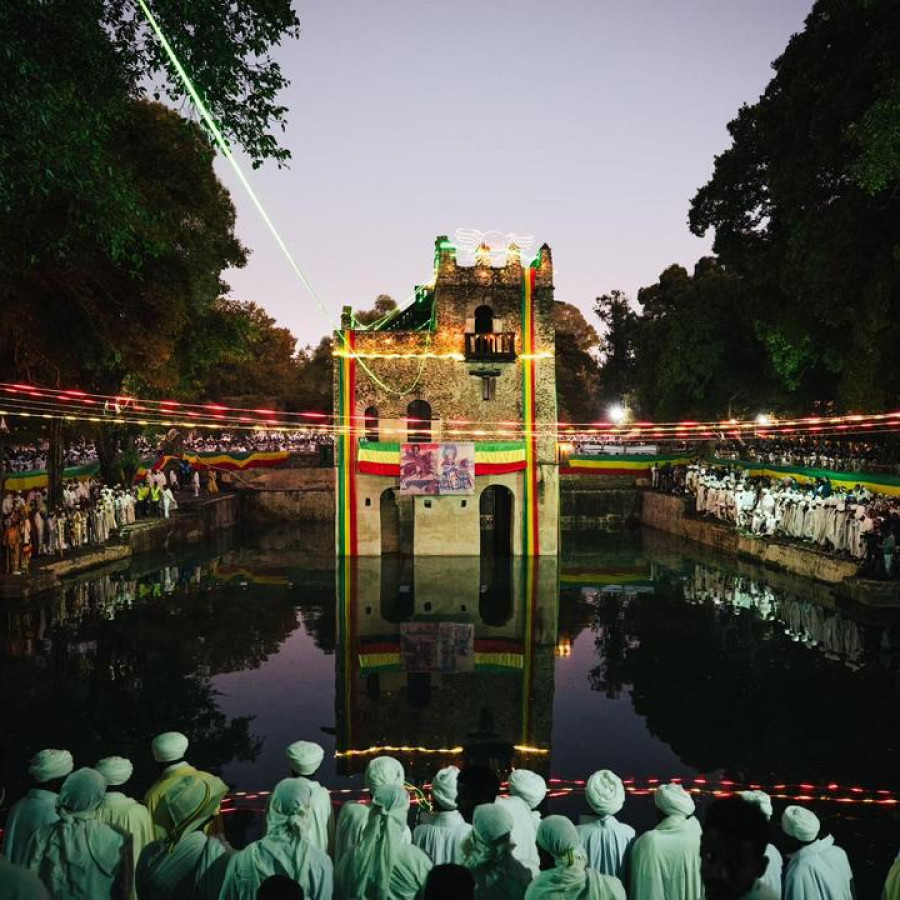Meskel - Finding of the True Cross September 26th, 27th and 28th)
Meskel is a Beautiful, colorful, and bright are just a few adjectives that come to mind when describing the Meskel Festival, the first big festival of the Ethiopian religious year.
The Meskel Festival is an ancient festival unique to the Christian faithful in Ethiopia and is celebrated annually. Meskel is a highly regarded and timeless festival marks the discovery of the True Cross upon which Jesus Christ was crucified, and as such Christian faithful and tourists converge on the 27th of September every year or on 28th in a leap year to commemorate the celebration of the Meskel festival. The word "Meskel", is from the Ge'ez language that translates to "cross". So, the festival is a celebration of the cross.





